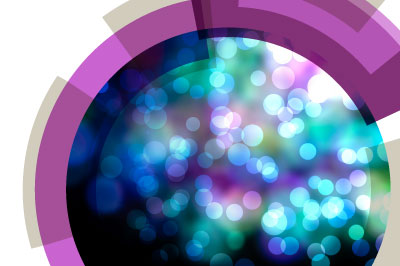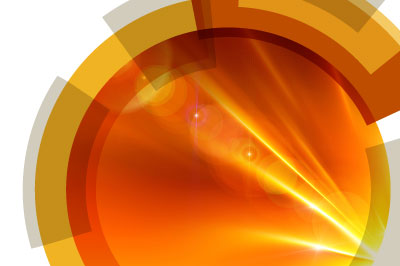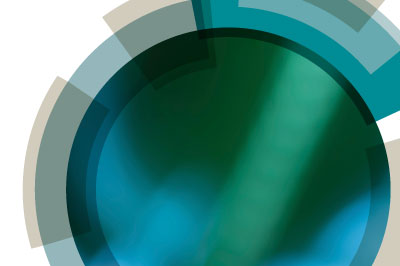This event is free to attend and does not require individual registration. However, we strongly request schools & groups of 10+ to RSVP by emailing our Public Engagement Officer, Hassun El Zafar at zafarh@rsc.org to avoid not getting spaces on the day.
In celebration of the International Year of the Periodic Table (IYPT 2019), the Royal Society of Chemistry is organising a series of talks at science centres, universities and other venues across the UK and Republic of Ireland. Aimed at the public and established chemists alike, the IYPT Lectures will feature some of the most exciting science communicators in the field of chemistry, whose talks will bring the periodic table of elements to life.
Endangered Elements: We shall introduce a new Periodic Table developed by the European Chemical Society (EuChemS) for the International Year of the Periodic Table. It differs from more usual Periodic Tables because the area occupied by each element corresponds to its abundance in the earth’s crust and in the atmosphere. The elements are colour coded to show how quickly they are being dispersed and which can come from conflict zones. Those in mobile phones are highlighted. In the end it brings a positive message that as long as we conserve the 90 elements which are the only building blocks of everything on earth, we shall be able to continue to enjoy the full wonders of our diverse and beautiful world.
David Cole-Hamilton was Professor of Chemistry in St Andrews from 1985 to 2014 when he became Emeritus. He is the Vice-President of the European Chemical Society, EuChemS, having been President from 2013-7. His main research interests are the applications of organometallic chemistry to solving problems in homogeneous catalysis and material chemistry. More recently he has been involved in policy and advice about chemistry at the European level.He has won several prizes from the Royal Society of Chemistry as well as 5 prizes for teaching. In 2017 he was awarded the Alwin Mittasch Prize of the German Catalysis Society and was appointed an Honorary Fellow of the Russian Academy of Natural Sciences.
In celebration of the International Year of the Periodic Table (IYPT 2019), the Royal Society of Chemistry is organising a series of talks at science centres, universities and other venues across the UK and Republic of Ireland. Aimed at the public and established chemists alike, the IYPT Lectures will feature some of the most exciting science communicators in the field of chemistry, whose talks will bring the periodic table of elements to life.
About the Lecture
The oldest printed Periodic Table wallchart: Five years ago, a cleaning up of a storage area in the School of Chemistry at the University of St Andrews revealed a time-worn periodic table covered by dirt and dust. Its significance was immediately recognized, despite its brittle and fragile condition that suggested an eventful life in a classroom or laboratory. In this talk, we will recount the pursuit to date what it is now considered the oldest known published periodic table wallchart.Endangered Elements: We shall introduce a new Periodic Table developed by the European Chemical Society (EuChemS) for the International Year of the Periodic Table. It differs from more usual Periodic Tables because the area occupied by each element corresponds to its abundance in the earth’s crust and in the atmosphere. The elements are colour coded to show how quickly they are being dispersed and which can come from conflict zones. Those in mobile phones are highlighted. In the end it brings a positive message that as long as we conserve the 90 elements which are the only building blocks of everything on earth, we shall be able to continue to enjoy the full wonders of our diverse and beautiful world.
Speakers
M. Pilar Gil is a chemist and a writer, of Catalan origin. She works in the division of Special Collections of the University Library at the University of St Andrews. Before settling down in Scotland, she spent most of her scientific career in the United States where she was an investigator in the fields of Signal Transduction, Transcriptional Regulation of the Immune System and the Biochemistry of Aging.M. Pilar Gil holds a PhD in Chemistry and a Master in Immunology from the Universitat de Barcelona and a MLitt in Museum Studies from the University of St Andrews.David Cole-Hamilton was Professor of Chemistry in St Andrews from 1985 to 2014 when he became Emeritus. He is the Vice-President of the European Chemical Society, EuChemS, having been President from 2013-7. His main research interests are the applications of organometallic chemistry to solving problems in homogeneous catalysis and material chemistry. More recently he has been involved in policy and advice about chemistry at the European level.He has won several prizes from the Royal Society of Chemistry as well as 5 prizes for teaching. In 2017 he was awarded the Alwin Mittasch Prize of the German Catalysis Society and was appointed an Honorary Fellow of the Russian Academy of Natural Sciences.









